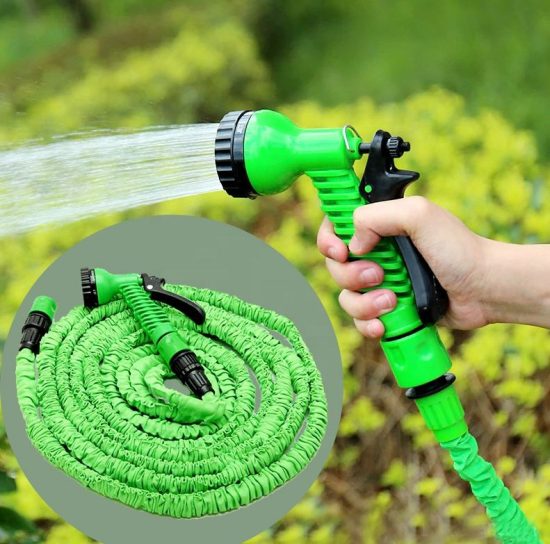Customizing silicone hoses for specific industrial applications involves tailoring these hoses to meet particular requirements in terms of size, shape, material composition, reinforcement, color, and other specifications. Here’s how silicone hoses can be customized for various industries:
- Size and Shape Customization: Industries often require silicone hoses in non-standard sizes and shapes to fit unique machinery or systems. Manufacturers can customize hoses with specific diameters, lengths, angles, or bends to suit the precise requirements of the equipment.
- Material Composition: Silicone hoses can be formulated with different grades or types of silicone rubber to meet specific needs. For instance, high-temperature silicone compounds or silicone with enhanced chemical resistance may be used based on the intended application.
- Reinforcement Options: Customization might involve incorporating reinforcement layers such as fabric, wire, or other materials within the hose to enhance pressure resistance, flexibility, and durability. The type, placement, and number of reinforcement layers can be adjusted based on the required performance.
- Color Customization: While color might be considered an aesthetic preference in some cases, it can also serve functional purposes. For instance, color-coded hoses in industries like food processing or medical applications can help in easy identification and segregation of different types of hoses for specific purposes or fluids.
- Specialized End Fittings or Connectors: Customized silicone hoses may require specific end fittings or connectors tailored to the application’s needs. These fittings can vary in material, size, thread type, or configuration to ensure seamless integration with existing systems or equipment.
- Pressure and Temperature Ratings: Depending on the industry and application, silicone hoses can be customized to meet specific pressure and temperature requirements. This might involve using different silicone formulations or reinforcement techniques to achieve desired performance parameters.
- Specialized Properties: Industries such as pharmaceuticals, food and beverage, and medical devices may require silicone hoses with special properties like enhanced biocompatibility, sterilizability, or compliance with industry-specific regulations and certifications. Custom formulations can be developed to meet these stringent requirements.
- Prototype Development: Manufacturers can work with industries to create prototype hoses for testing and validation before full-scale production. This allows for adjustments and optimizations to ensure that the final custom hoses meet the desired performance standards.
Customizing silicone hoses for industrial applications involves collaboration between manufacturers and end-users to understand specific needs, regulatory standards, environmental conditions, and performance requirements. By tailoring silicone hoses to these precise specifications, industries can ensure optimal performance, longevity, and safety within their operations.

